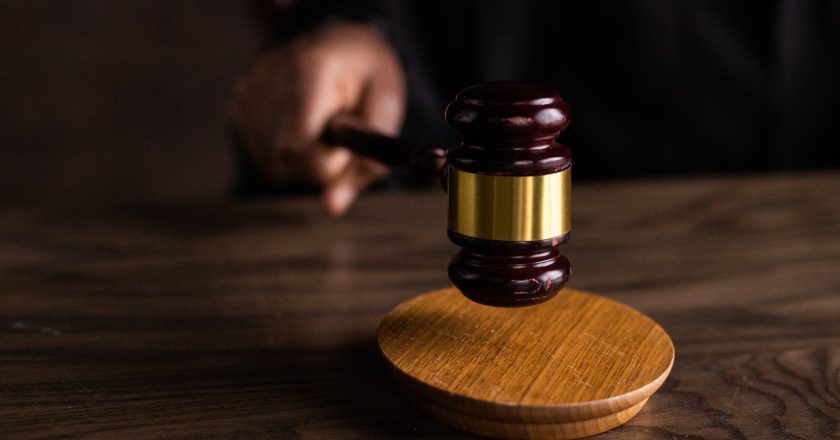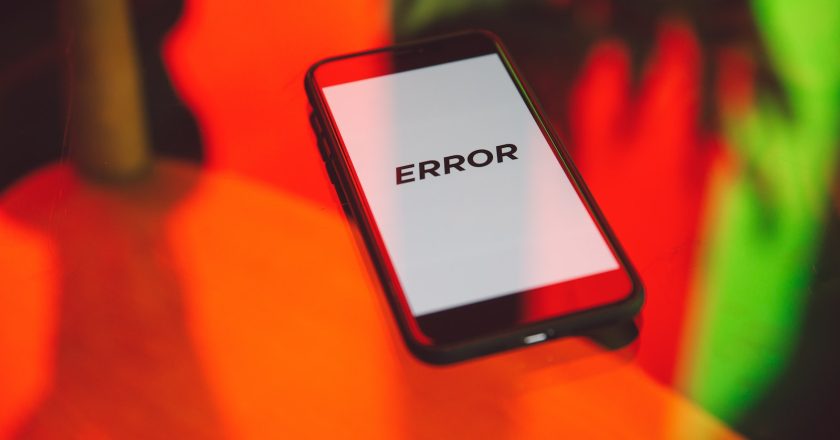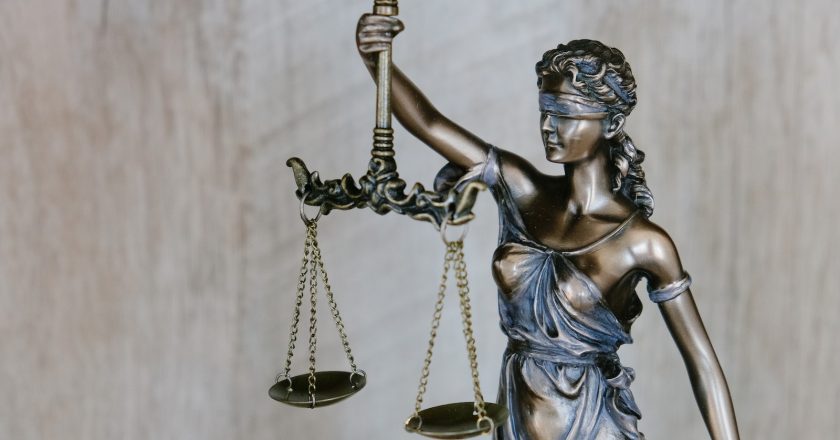What To Do If Your Debt Is Sold To A Collection Agency
When communicating with a collection agency, there are three key points to keep in mind:
Request validation of the debt to ensure that it's accurate and belongs to you.
Negotiate a payment plan that works for both parties.
Settle the debt.
Start by requesting validation of the debt to make sure it's accurate and belongs to you. Once you've verified the debt, work with the agency to negotiate a payment plan or settlement that works for both parties.
Request Validation of the Debt
Feeling overwhelmed by a debt collector's demand? Consider requesting validation of the debt to ensure its accuracy and avoid being taken advantage of. This means asking the collection agency to provide proof that you actually owe the debt they are trying to collect from you.
To request validation, you typically ...









